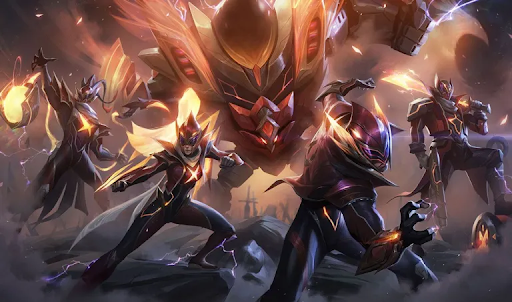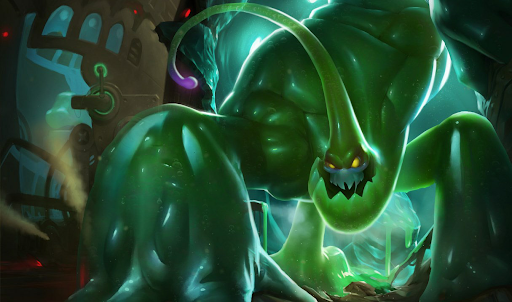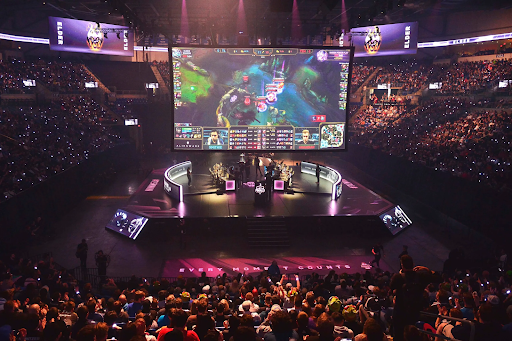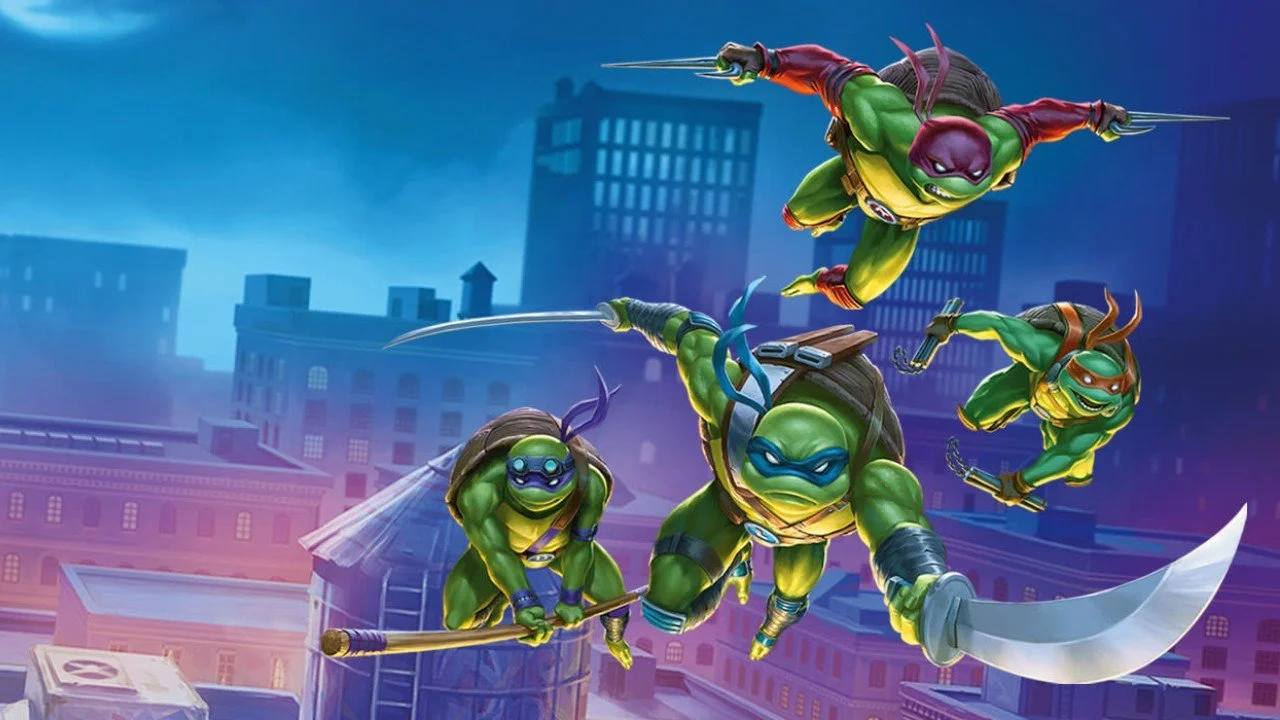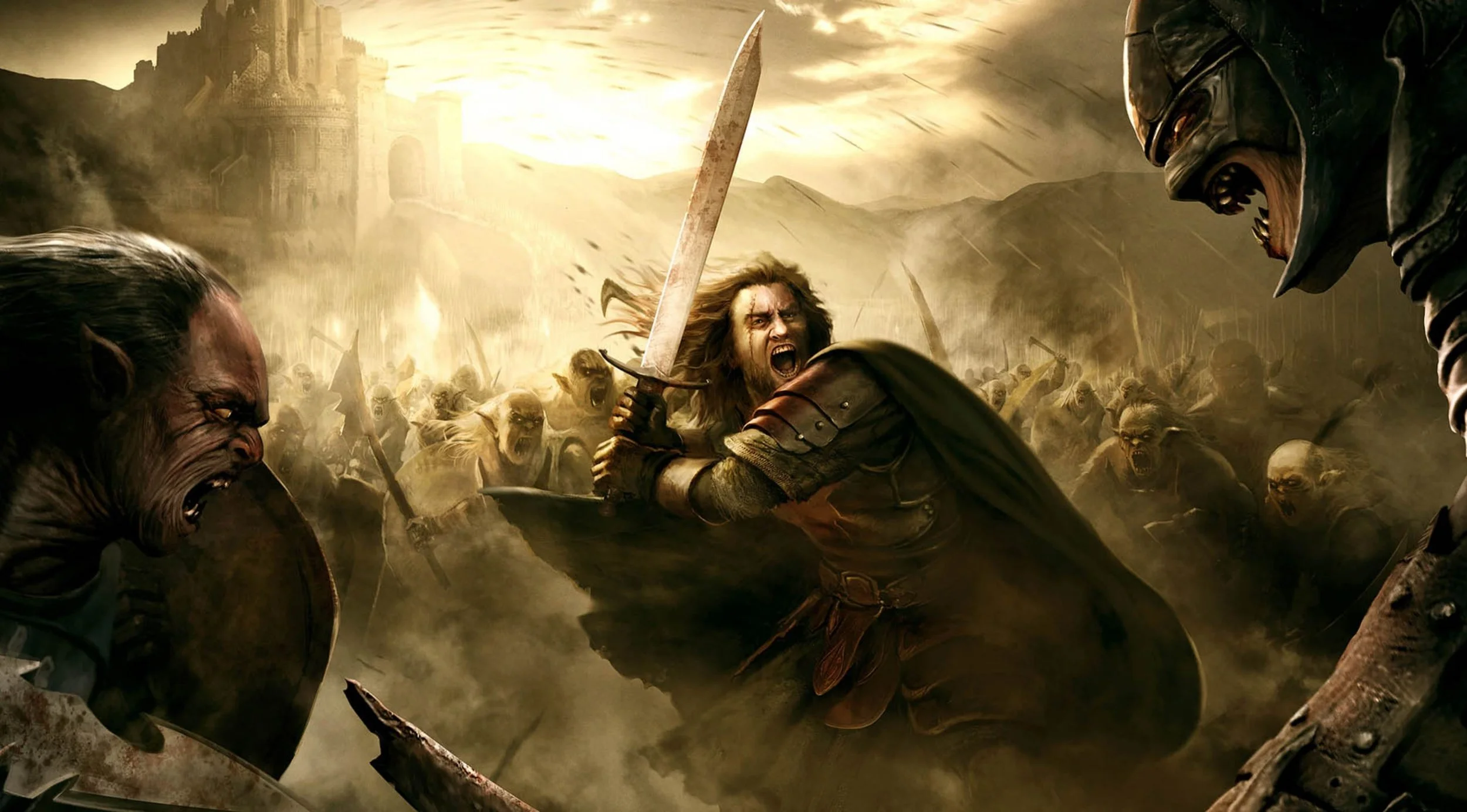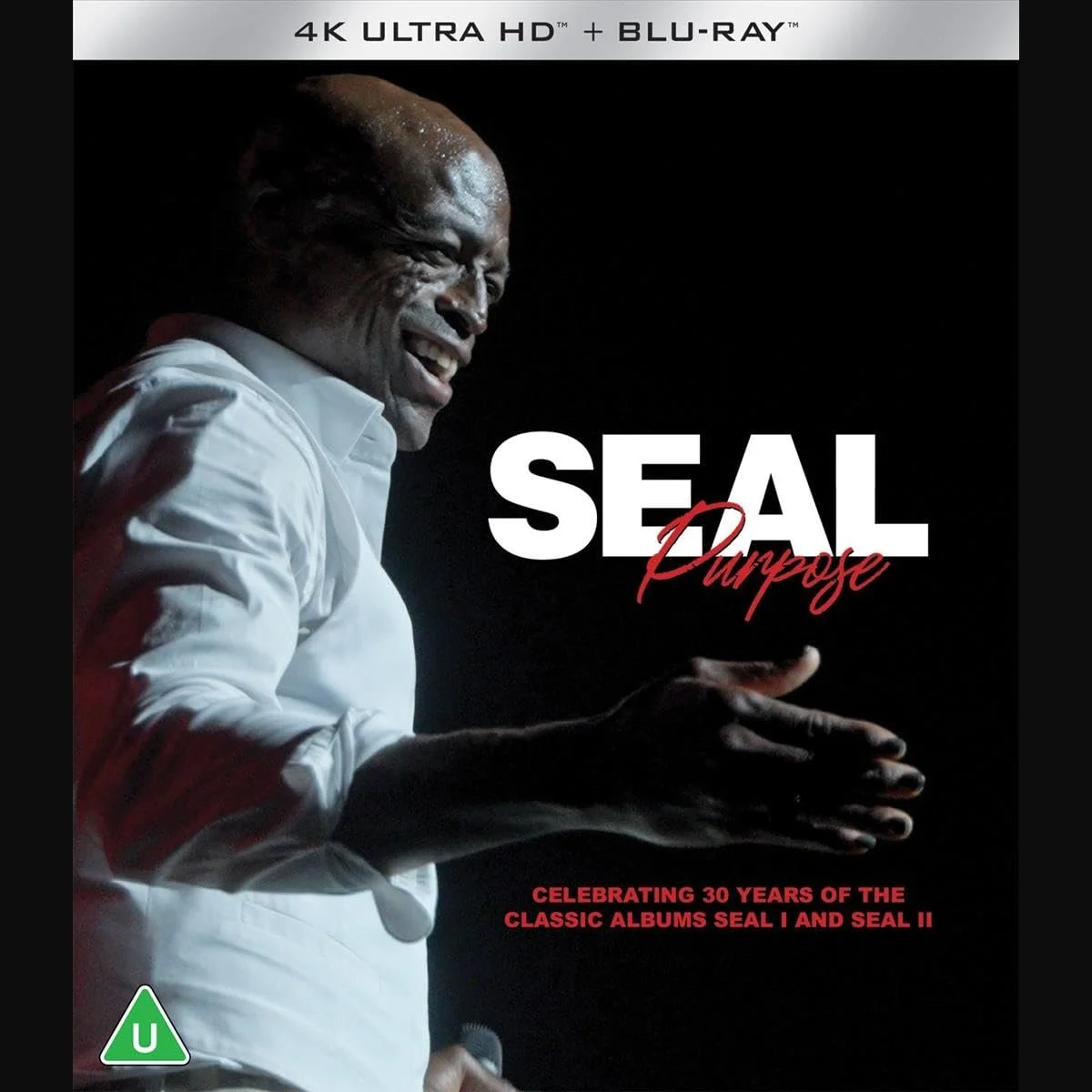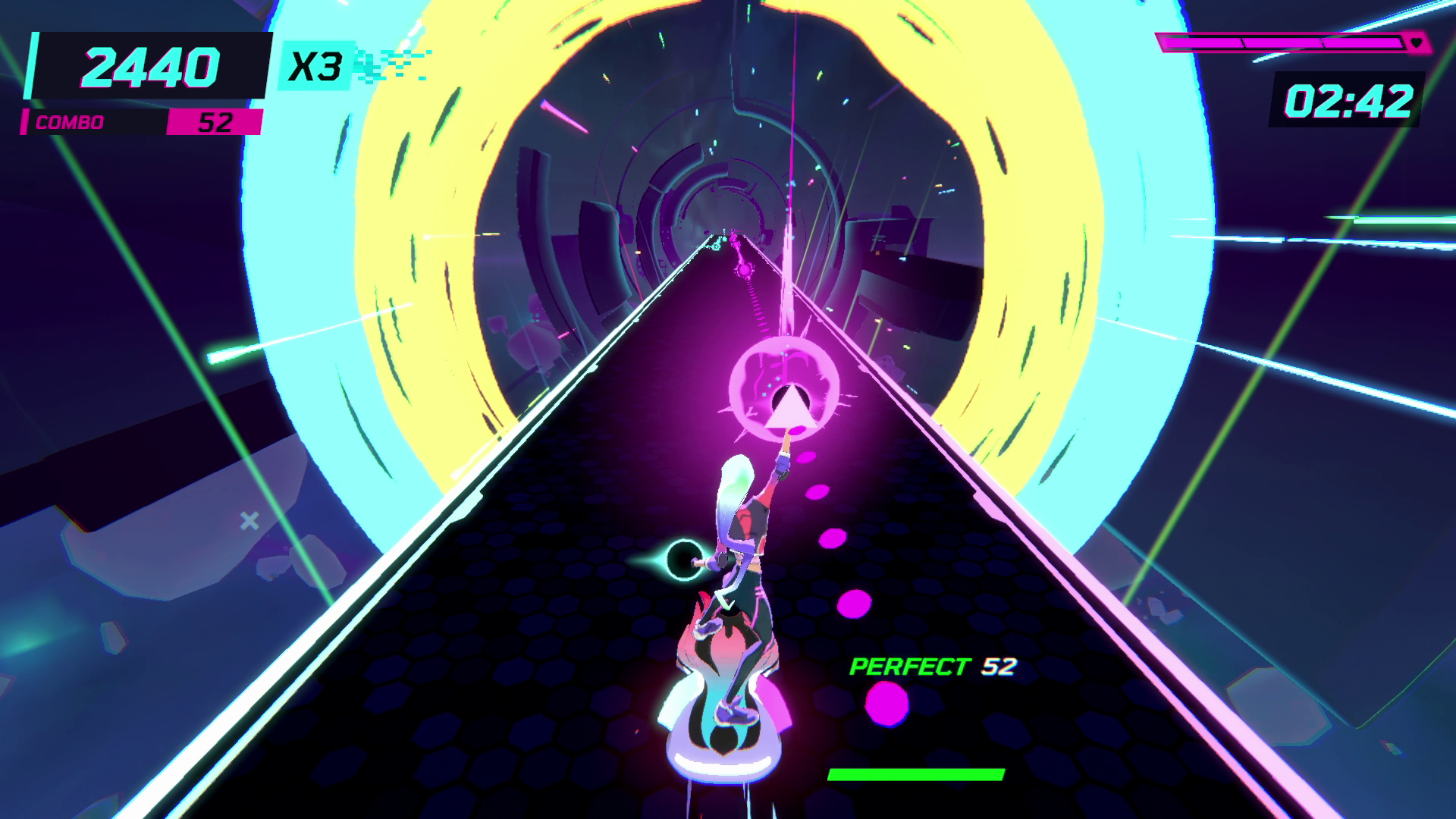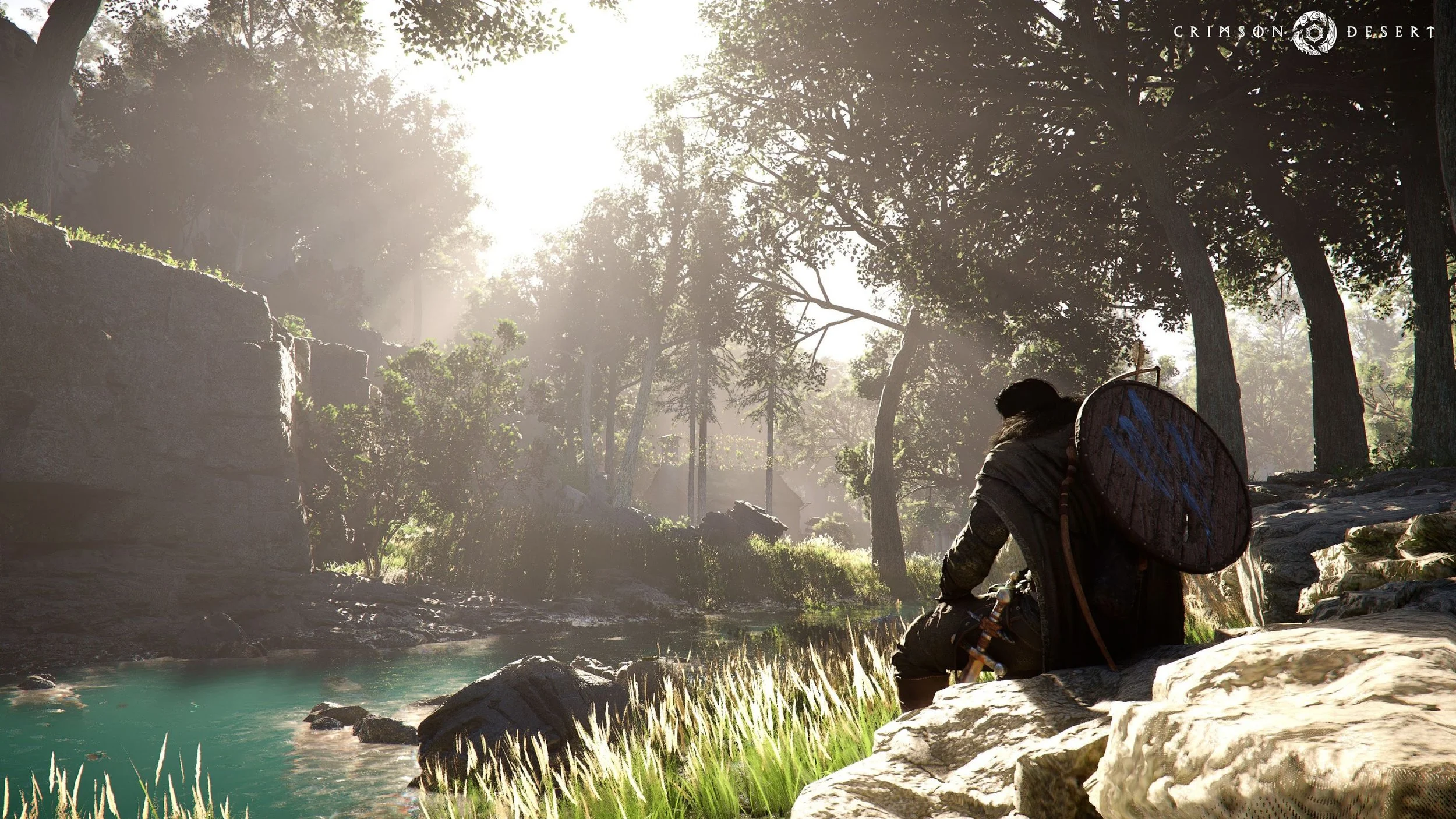League of Legends has dominated the MOBA scene for over a decade, attracting millions of players worldwide. Its free-to-play model has been a significant factor in its success, but questions often arise about whether the game is truly fair for all players, regardless of their spending habits.
Understanding "Pay-to-Win"
A game is considered pay-to-win if players can gain significant advantages over others by spending real money. These advantages typically affect gameplay directly, giving paying players an edge in competition.
Core Gameplay Elements
At first glance, League of Legends seem to avoid the pay-to-win pitfall. The game's core competitive elements are accessible to all players without any monetary requirement. Every champion, rune, and gameplay-related feature can be obtained through playing the game. However, the debate isn't quite that simple, and several factors need to be considered.
Champion Acquisition
Players can purchase champions with either Blue Essence (BE), earned through gameplay, or Riot Points (RP), bought with real money. New players have access to a rotating selection of free champions. While having a larger champion pool offers more strategic options and flexibility, many high-ranking players specialize in a small number of champions, proving that mastery can be more beneficial than variety.
Players who spend money can unlock champions faster, potentially providing a short-term advantage, especially with new champion releases. However, Riot Games usually keeps new champions disabled in ranked play for a short period after release, allowing for balance adjustments and giving free players time to earn enough BE to purchase them.
Skins and Cosmetics
Most skins are purely aesthetic, but some players argue that certain skins provide subtle advantages, such as animations that are slightly harder to read or particles that blend more with the background. These differences are usually minimal and don't significantly impact gameplay at most skill levels. Riot has made efforts to standardize skin effects to ensure competitive integrity.
Account Progession and Esports
Players can purchase experience lol boost to level up their accounts faster, granting access to more game modes and features. However, this primarily affects new players and doesn't provide any in-game advantages once a player reaches the maximum level.
In professional tournaments, all champions are unlocked for players, ensuring a level playing field. The success of players from various economic backgrounds in the professional scene further supports the argument that LoL is not pay-to-win.
The Boosting Issue and Skill Factor
Boosting, where a highly skilled player plays on a lower-ranked account to increase its rank, is a problem indirectly related to the pay-to-win debate. While against Riot's terms of service, it remains a persistent issue. This practice highlights that player skill is the most significant factor in success, not monetary investment.
Psychological Aspects and Monetization Balance
The free-to-play model can create some frustrations for non-paying players, such as the lengthy grind to unlock all champions and the allure of cosmetic items. Riot's marketing strategies, including limited-time offers, can create a sense of FOMO (fear of missing out).
To balance monetization and fair play, Riot introduced the Hextech Crafting system and offers events and missions that provide opportunities to earn content without spending money. These systems help bridge the gap between paying and non-paying players, at least in terms of cosmetic content.
Conclusion
While League of Legends offers ways to spend money that can indirectly affect the player experience, it's difficult to classify it as a pay-to-win game in the traditional sense. The core competitive elements remain accessible to all players, and success is primarily determined by skill and strategy rather than monetary investment. League of Legends maintains a delicate balance between monetization and fair play, as evidenced by its enduring popularity and thriving esports scene.
